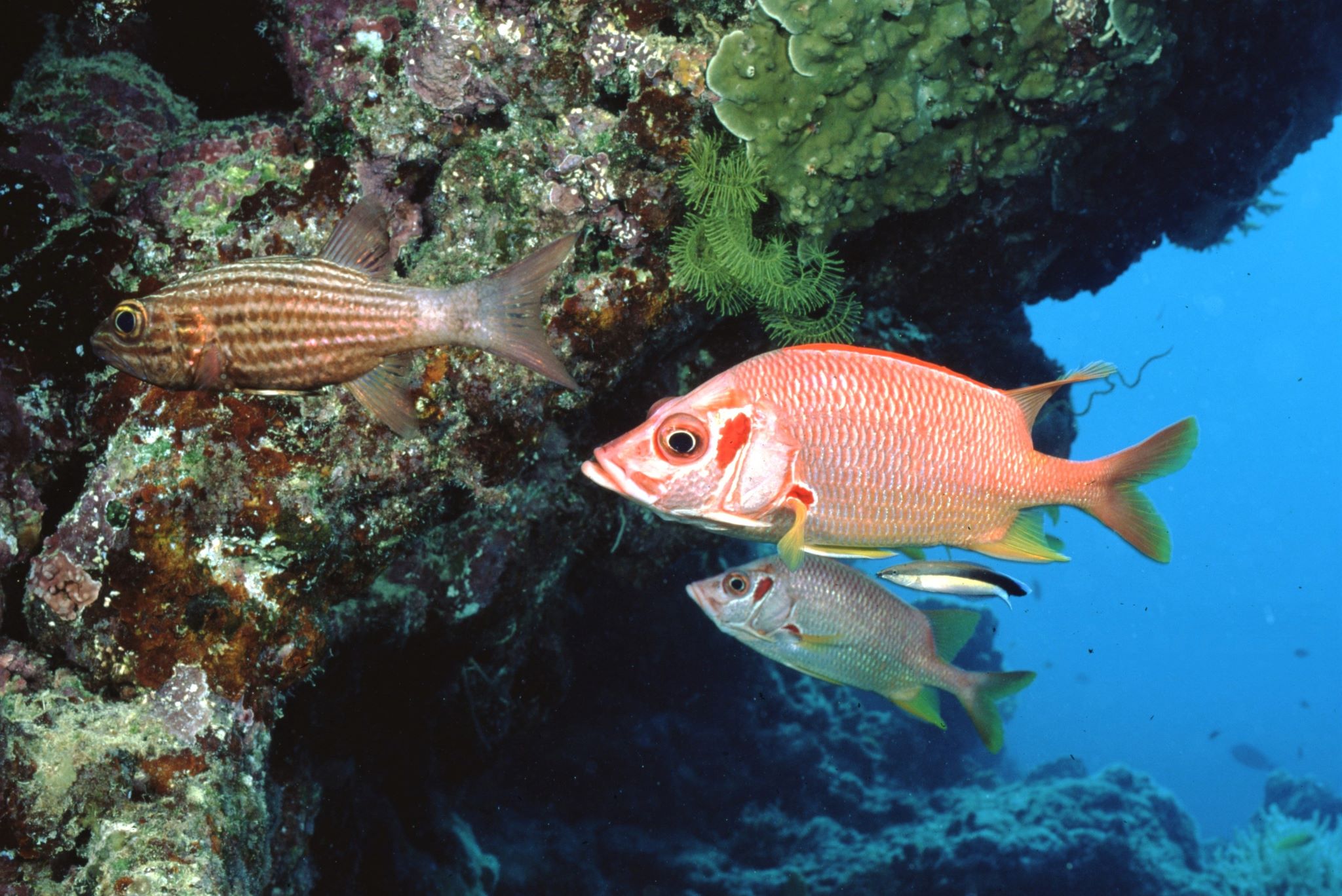In an effort to help protect Earth’s critical ecosystems, LVDI International is involving the public in a research study on reef fish. Reef fish are among the myriad of marine species that depend on reef-building corals, underwater ecosystems that also provide food and livelihoods for hundreds of millions of people worldwide1. As 90% of the global coral reefs are at risk of becoming extinct in the next 30 years2, we are taking a novel approach to raise awareness about the impacts of climate change and human activity on coral reefs and reef fish diversity through time.
Using iNaturalist, an online citizen science platform, we are in the process of adding reef fish observations to that database and sharing them with the lay and scientific communities. These observations consist of photographs taken by Philip and Heidrun Faulconer during their numerous scuba-diving trips around the world. LVDI International was fortunate to acquire this priceless collection as a gift from the Faulconer family.


Since September 2021, Kevin Kubo (Researcher, Conservation Science Investigators Program), has been focusing on Fiji, an island nation with an estimated 10,000 km2 of coral reefs and more than 1,000 species of reef fish3. Besides identifying the fish in the Faulconers’ photographs and expanding iNaturalist’s database from this geographic area, he has been analyzing the range of fish records relative to the number of species, frequency of observation and number of observers over time. Mr. Kubo hopes that his work will not only promote public engagement in science, but also encourage different groups of people to support the conservation work that grows alongside their observations of nature.

Sources:
- https://news.un.org/en/story/2018/11/1025731
- https://news.un.org/en/story/2021/03/1087592
- Sykes, H. and Morris, C. (2009). Status of coral reefs in the Fiji Islands, 2007. South-West Pacific Status of Coral Reefs Report, 1.
